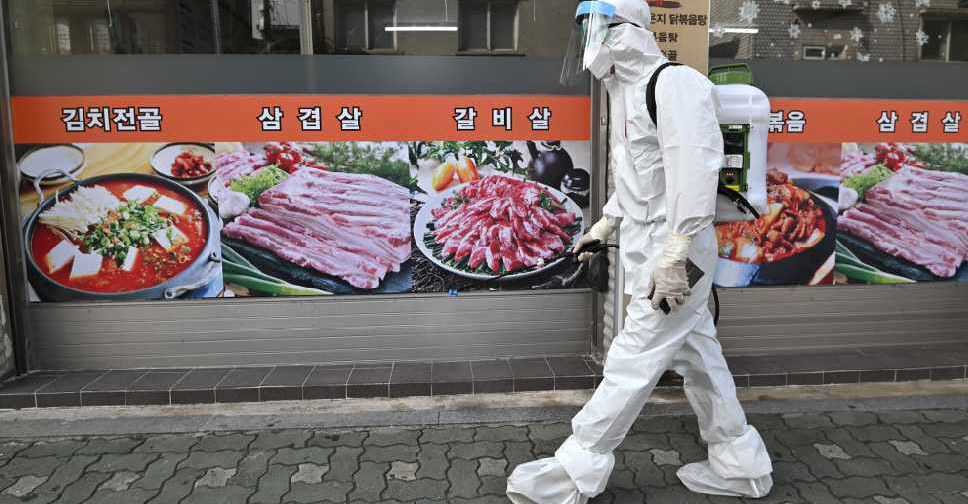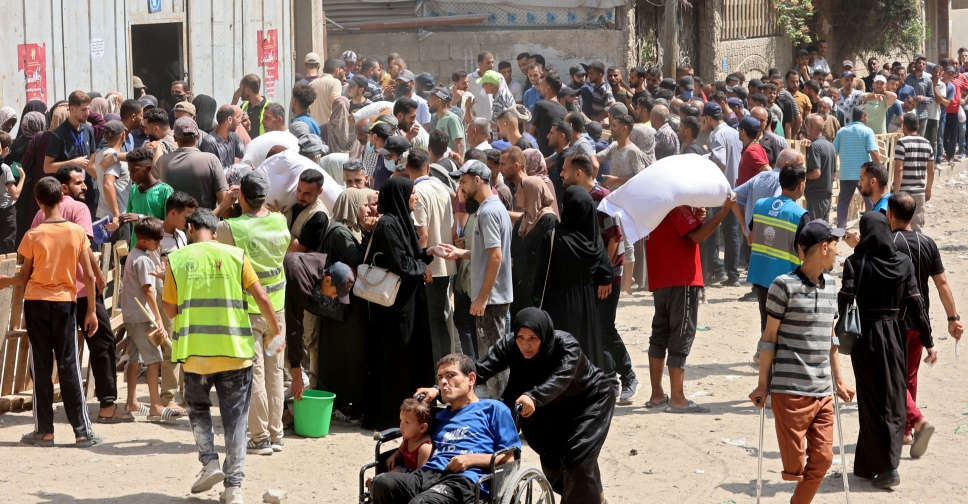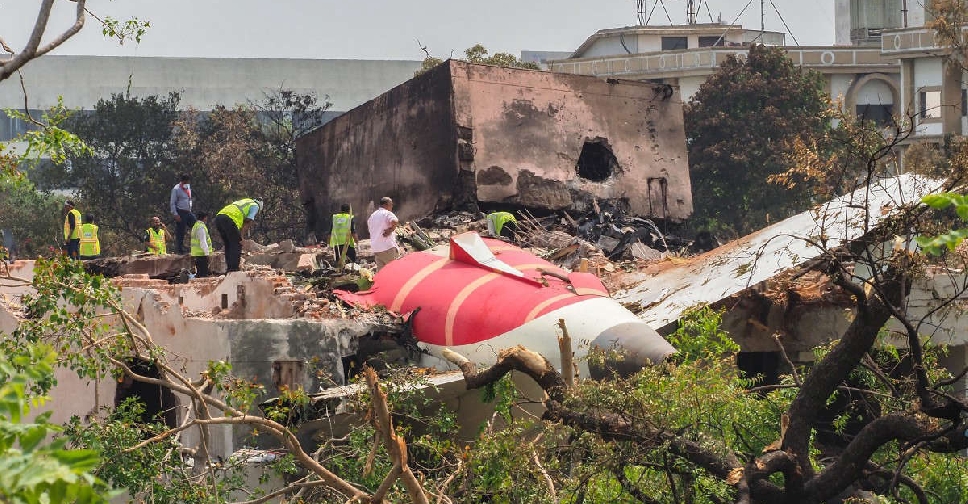
Novel coronavirus infections have spread nationwide from a church in the South Korean capital, raising fears that one of the world's virus mitigation success stories might yet suffer a disastrous outbreak.
The Korea Centres for Disease Control and Prevention (KCDC) reported 288 new cases as of midnight on Wednesday, marking a week of triple-digit daily increases, but offering a ray of hope in that there was no surge from the previous day's tally of 297.
Overall, South Korea has reported 16,346 coronavirus cases with 307 deaths.
The latest outbreak has been driven by hundreds of cases in a church, whose followers have also attended anti-government protests in central Seoul in recent weeks, seeding infections there too.
"The reason we take the recent situation seriously is because this transmission, which began to spread around a specific religious facility, is appearing nationwide through certain rallies," Vice Health Minister Kim Gang-lip told a briefing.
Authorities have tested 3,263 members of the congregation, of whom 630 have tested positive, Kim said. Hundreds more church members are being traced for testing.
Another 53 infections, including 33 from the church, have been linked to the anti-government rallies in Seoul which drew thousands of people.
The positive cases from the rallies include people from nine different cities and provinces across the country. Kim did not identify those places but said 114 facilities, including the places of work of infected people, were facing risk of transmission.
"This is a grave situation that could possibly lead to a nationwide pandemic," Kim said.
The southern city of Busan on Wednesday reported two cases linked to the protests in the capital.
The government has banned in-person church meetings in Seoul and surrounding areas - an urban sprawl with a population of 25 million - and ordered other high-risk locations including nightclubs, buffets and cyber cafes to close.



 Israeli missile hits Gaza children collecting water, IDF blames malfunction
Israeli missile hits Gaza children collecting water, IDF blames malfunction
 North Korean leader Kim reaffirms support for Russia in Ukraine conflict
North Korean leader Kim reaffirms support for Russia in Ukraine conflict
 Air India crash report shows pilot confusion over engine switch movement
Air India crash report shows pilot confusion over engine switch movement
 Trump visits Texas flood zone, defends government's response
Trump visits Texas flood zone, defends government's response



